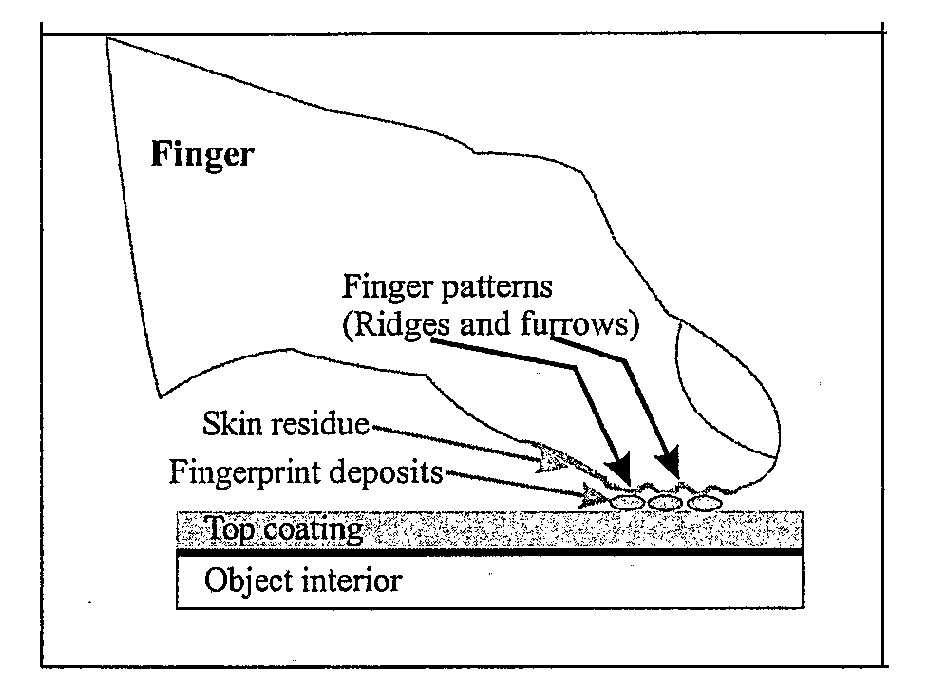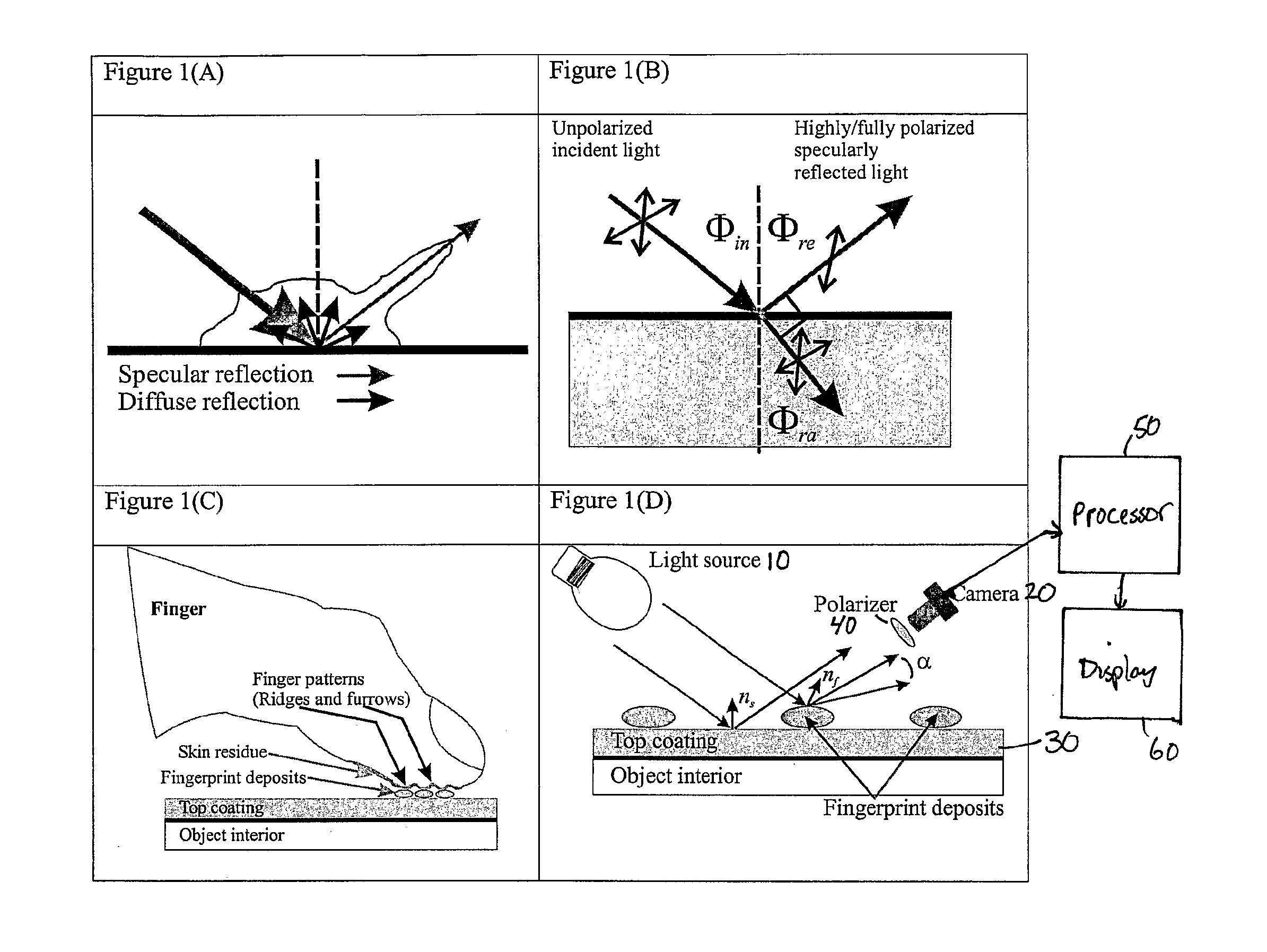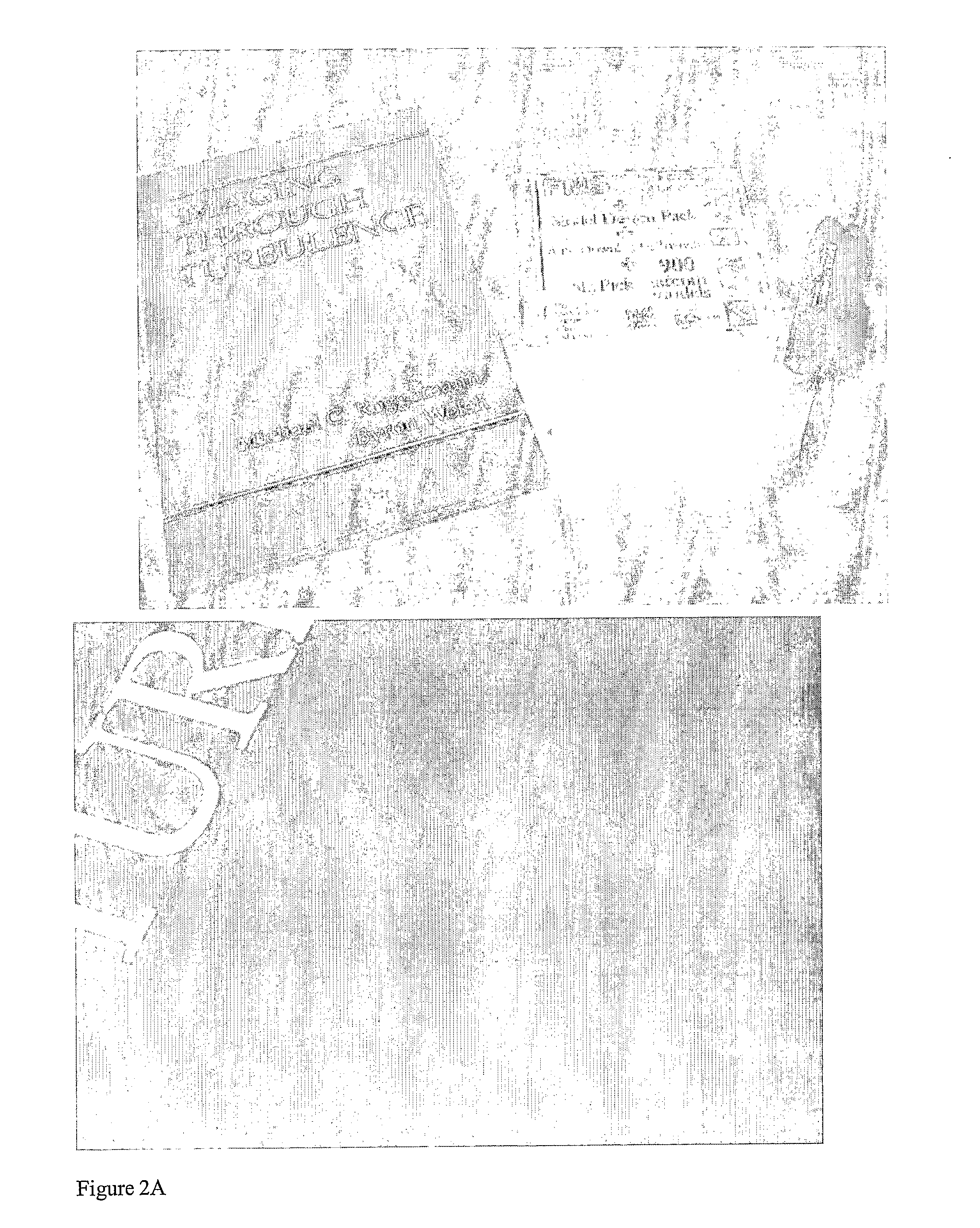Polarization and Reflection Based Non-Contact Latent Fingerprint Imaging and Lifting
a technology of latent fingerprints and polarization reflections, applied in the field of non-contact latent fingerprint imaging and lifting, can solve the problem that the use of such lighting has not been regarded as a sufficient enhancement method on its own, and achieve the effect of expanding the detection capability
- Summary
- Abstract
- Description
- Claims
- Application Information
AI Technical Summary
Benefits of technology
Problems solved by technology
Method used
Image
Examples
Embodiment Construction
[0033] The invention will be described in detail below with reference to FIGS. 1-7. Those skilled in the art will appreciate that the description given herein with respect to those figures is for exemplary purposes only and is not intended in any way to limit the scope of the invention. All questions regarding the scope of the invention may be resolved by referring to the appended claims.
[0034] As will be described in detail below, the present invention relates to a new optical detection technology that allows detection and “lifting” of latent fingerprints into clearly identifiable digital images without the application of chemical treatments or any physical contact with the surface and fingerprint material. The resulting images have comparable or better quality to those obtained by conventional methods.
Exemplary Embodiment
[0035]FIG. 1 illustrates the physical principles concerning non-contact latent fingerprint detection and extraction in accordance with the invention. FIG. 1(A)...
PUM
 Login to View More
Login to View More Abstract
Description
Claims
Application Information
 Login to View More
Login to View More - R&D
- Intellectual Property
- Life Sciences
- Materials
- Tech Scout
- Unparalleled Data Quality
- Higher Quality Content
- 60% Fewer Hallucinations
Browse by: Latest US Patents, China's latest patents, Technical Efficacy Thesaurus, Application Domain, Technology Topic, Popular Technical Reports.
© 2025 PatSnap. All rights reserved.Legal|Privacy policy|Modern Slavery Act Transparency Statement|Sitemap|About US| Contact US: help@patsnap.com



